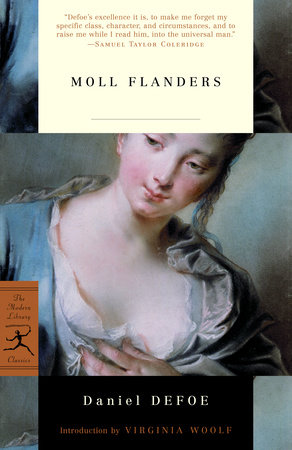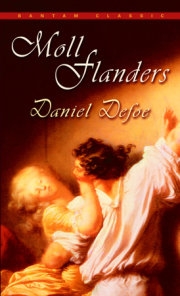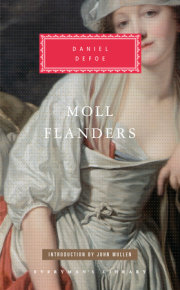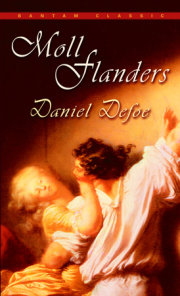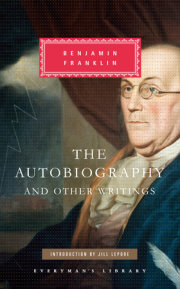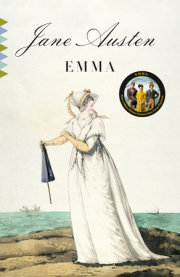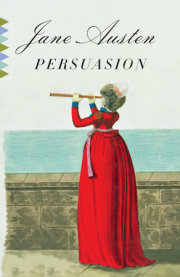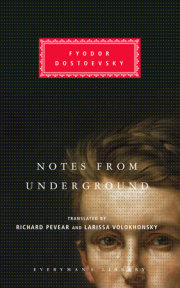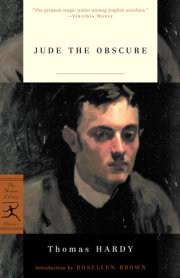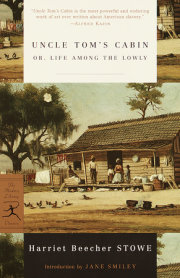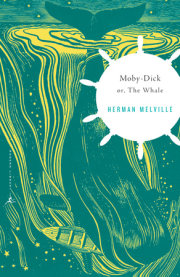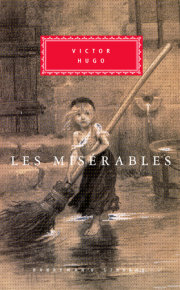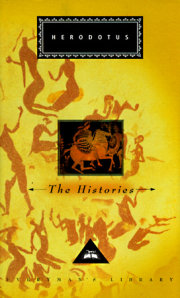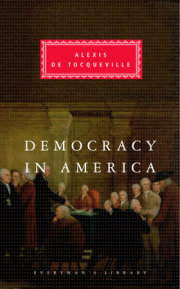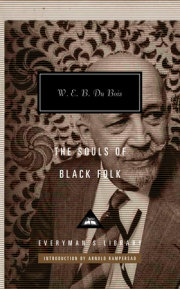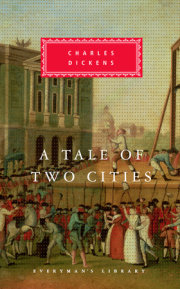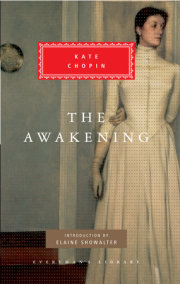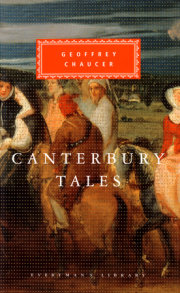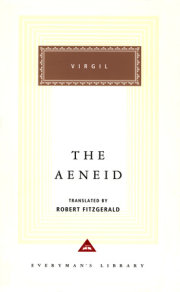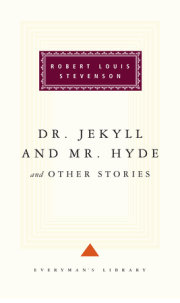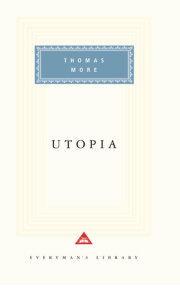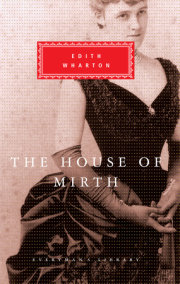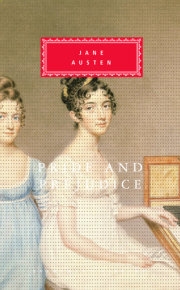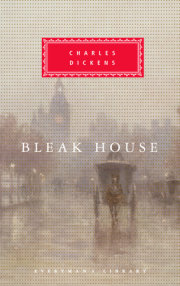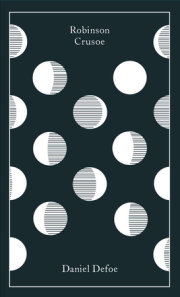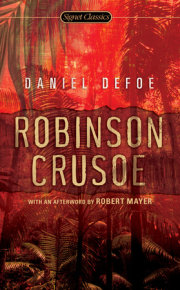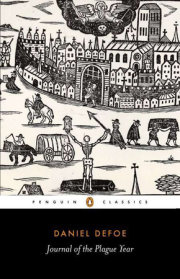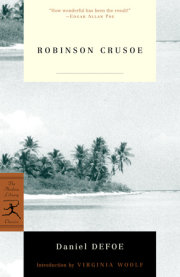MY TRUE NAME is so well known in the records or registers at Newgate, and in the Old Bailey, and there are some things of such consequence still depending there, relating to my particular conduct, that it is not to be expected I should set my name or the account of my family to this work; perhaps, after my death, it may be better known; at present it would not be proper, no, not though a general pardon should be issued, even without exceptions and reserve of persons or crimes.
It is enough to tell you, that as some of my worst comrades, who are out of the way of doing me harm (having gone out of the world by the steps and the string as I often expected to go), knew me by the name of Moll Flanders, so you may give me leave to speak of myself under that name till I dare own who I have been, as well as who I am.
I have been told that in one of neighbour nations, whether it be in France or where else I know not, they have an order from the king, that when any criminal is condemned, either to die, or to the galleys, or to be transported, if they leave any children, as such are generally unprovided for, by the poverty or forfeiture of their parents, so they are immediately taken into the care of the Government, and put into an hospital called the House of Orphans, where they are bred up, clothed, fed, taught, and when fit to go out, are placed out to trades or to services, so as to be well able to provide for themselves by an honest, industrious behaviour.
Had this been the custom in our country, I had not been left a poor desolate girl without friends, without clothes, without help or helper in the world, as was my fate; and by which I was not only exposed to very great distresses, even before I was capable either of understanding my case or how to amend it, but brought into a course of life which was not only scandalous in itself, but which in its ordinary course tended to the swift destruction both of soul and body.
But the case was otherwise here. My mother was convicted of felony for a certain petty theft scarce worth naming, viz. having an opportunity of borrowing three pieces of fine holland of a certain draper in Cheapside. The circumstances are too long to repeat, and I have heard them related so many ways, that I can scarce be certain which is the right account.
However it was, this they all agree in, that my mother pleaded her belly, and being found quick with child, she was respited for about seven months; in which time having brought me into the world, and being about again, she was called down, as they term it, to her former judgment, but obtained the favour of being transported to the plantations, and left me about half a year old; and in bad hands, you may be sure.
This is too near the first hours of my life for me to relate anything of myself but by hearsay; it is enough to mention, that as I was born in such an unhappy place, I had no parish to have recourse to for my nourishment in my infancy; nor can I give the least account how I was kept alive, other than that, as I have been told, some relation of my mother's took me away for a while as a nurse, but at whose expense, or by whose direction, I know nothing at all of it.
The first account that I can recollect, or could ever learn of myself, was that I had wandered among a crew of those people they call gypsies, or Egyptians; but I believe it was but a very little while that I had been among them, for I had not had my skin discoloured or blackened, as they do very young to all the children they carry about with them; nor can I tell how I came among them, or how I got from them.
It was at Colchester, in Essex, that those people left me; and I have a notion in my head that I left them there (that is, that I hid myself and would not go any farther with them), but I am not able to be particular in that account; only this I remember, that being taken up by some of the parish officers of Colchester, I gave an account that I came into the town with the gypsies, but that I would not go any farther with them, and that so they had left me, but whither they were gone that I knew not, nor could they expect it of me; for though they sent round the country to inquire after them, it seems they could not be found.
I was now in a way to be provided for; for though I was not a parish charge upon this or that part of the town by law, yet as my case came to be known, and that I was too young to do any work, being not above three years old, compassion moved the magistrates of the town to order some care to be taken of me, and I became one of their own as much as if I had been born in the place.
In the provision they made for me, it was my good hap to be put to nurse, as they call it, to a woman who was indeed poor but had been in better circumstances, and who got a little livelihood by taking such as I was supposed to be, and keeping them with all necessaries, till they were at a certain age, in which it might be supposed they might go to service or get their own bread.
This woman had also had a little school, which she kept to teach children to read and to work; and having, as I have said, lived before that in good fashion, she bred up the children she took with a great deal of art, as well as with a great deal of care.
But that which was worth all the rest, she bred them up very religiously, being herself a very sober, pious woman, very housewifely and clean, and very mannerly, and with good behaviour. So that in a word, excepting a plain diet, coarse lodging, and mean clothes, we were brought up as mannerly and as genteelly as if we had been at the dancing-school.
I was continued here till I was eight years old, when I was terrified with news that the magistrates (as I think they called them) had ordered that I should go to service. I was able to do but very little service wherever I was to go, except it was to run of errands and be a drudge to some cookmaid, and this they told me of often, which put me into a great fright; for I had a thorough aversion to going to service, as they called it (that is, to be a servant), though I was so young; and I told my nurse, as we called her, that I believed I could get my living without going to service, if she pleased to let me; for she had taught me to work with my needle, and spin worsted, which is the chief trade of that city, and I told her that if she would keep me, I would work for her, and I would work very hard.
Copyright © 2000 by Daniel Defoe. All rights reserved. No part of this excerpt may be reproduced or reprinted without permission in writing from the publisher.

